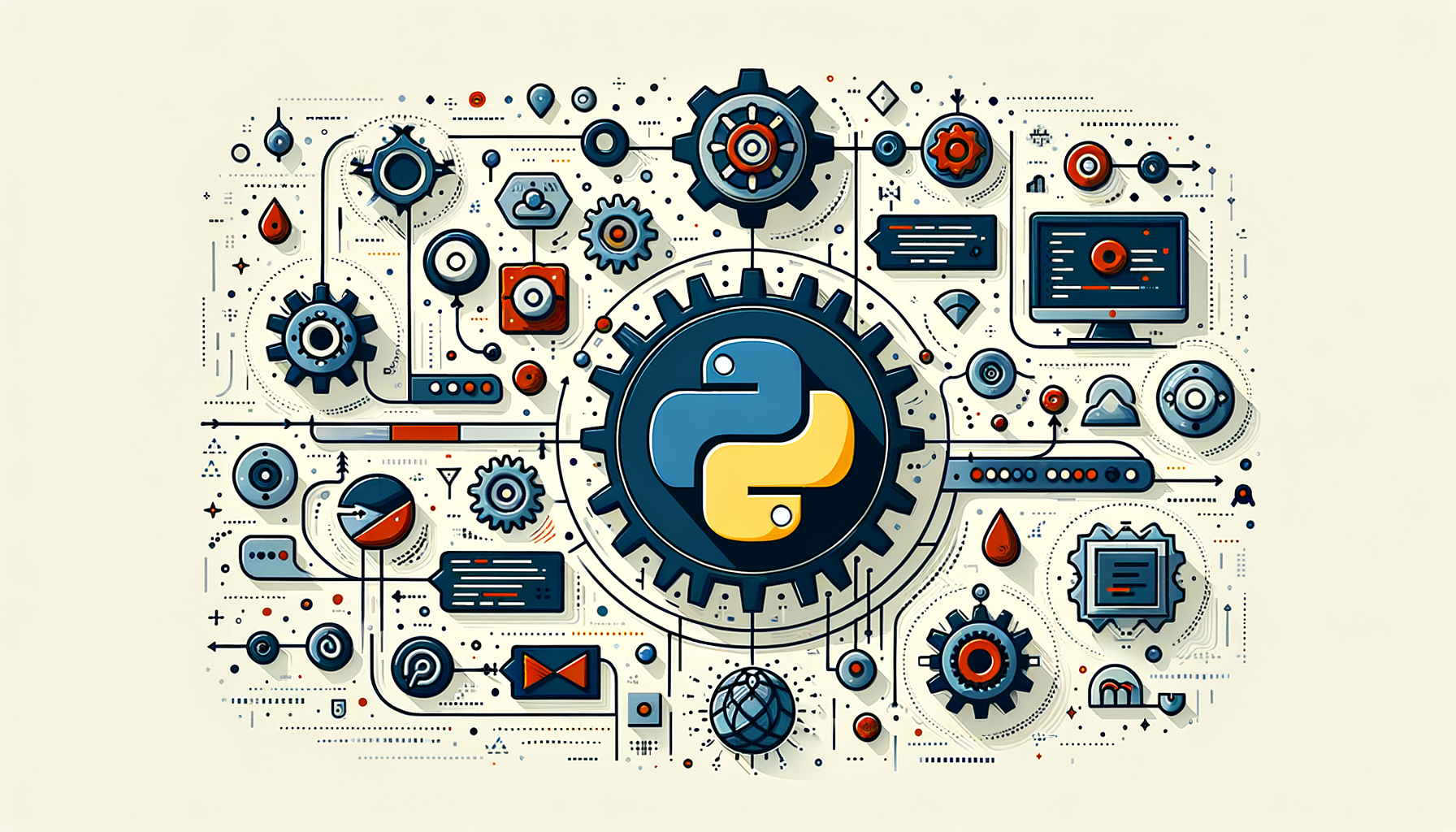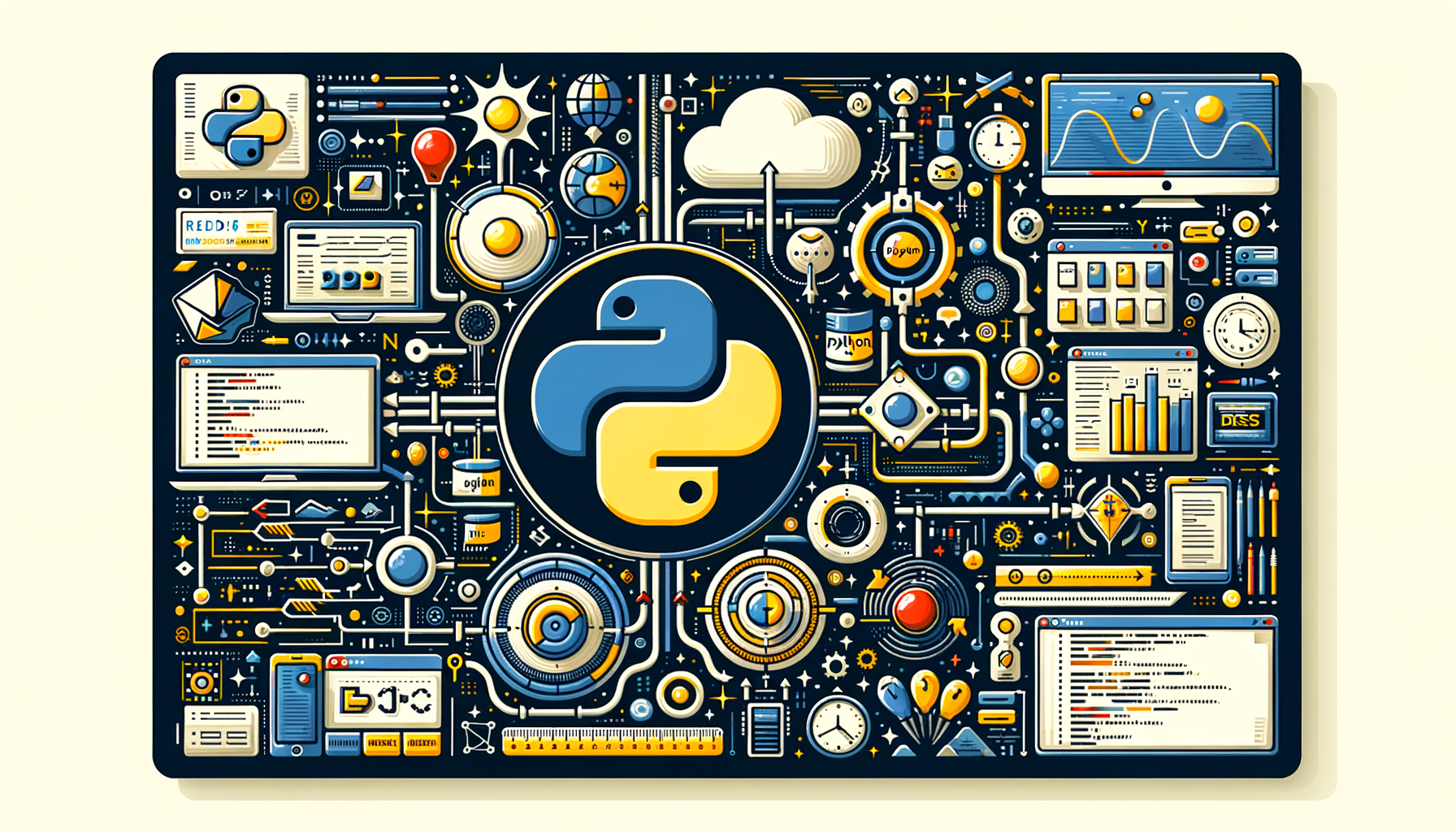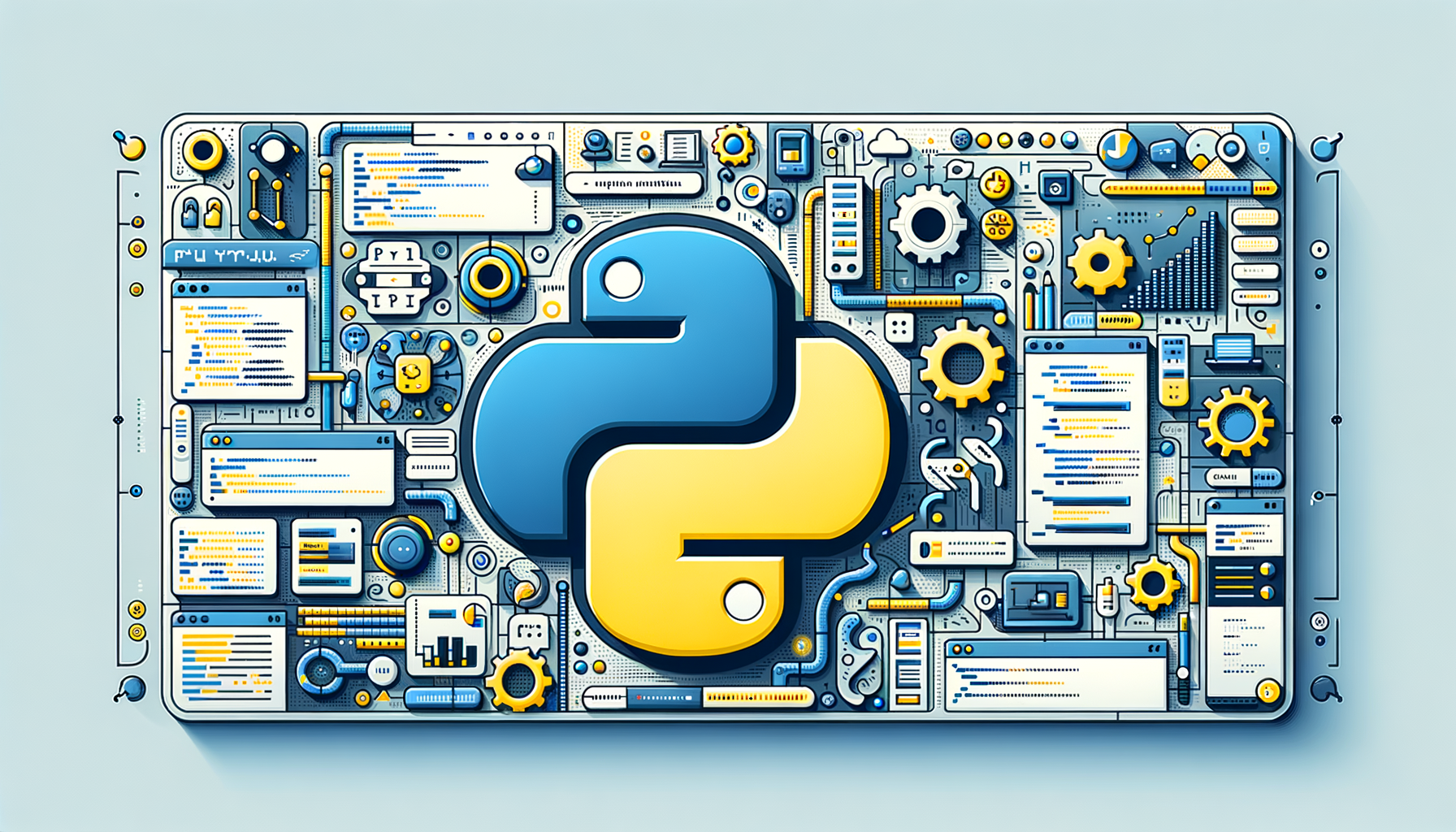Search Results
12 results found for "Automation"

Learn how to implement the **Observer Pattern** in Python to build clean, event-driven systems. This comprehensive guide walks you from foundational concepts to practical, production-ready examples (including thread-safe and asyncio variants), plus best practices for memory optimization, automation scripts, and ETL pipeline use cases.

Learn how the **Observer pattern** helps you decouple components and build reactive, maintainable Python systems. This guide walks you step-by-step through core concepts, practical implementations (including dataclasses), real-world examples, serialization strategies (JSON, Pickle, YAML), and even how to test reactive flows with Selenium for web automation.

Learn how to choose the right built-in Python data structure—**lists, tuples, sets, and dictionaries**—for real-world problems. This practical guide explains characteristics, performance trade-offs, and usage patterns with clear, working code examples, plus advanced tips connecting to sorting, automation, and graph algorithms.

Learn how to build responsive, scalable asynchronous web applications using Python and **Flask-SocketIO**. This guide walks you through core concepts, practical examples (server and client), background tasks, scaling with Redis, and integrations with SQLAlchemy, Plotly Dash, and automation tools like Selenium/Beautiful Soup.
Dive into the art of structuring Python projects to handle the complexities of large-scale applications with ease. This comprehensive guide reveals essential best practices, from modular design to effective package management, empowering intermediate Python developers to build scalable, maintainable codebases. Whether you're tackling data automation or intricate logic patterns, learn how to organize your code for long-term success and efficiency.

Learn how to design flexible, testable, and maintainable Python applications using Dependency Injection (DI). This guide walks through core concepts, practical examples (including dataclasses and Excel automation with OpenPyXL), packaging considerations, and advanced tips to adopt DI effectively in real projects.

Unlock the power of Python's built-in data structures to write clear, fast, and maintainable algorithms. This guide walks you from core concepts to advanced patterns, with practical code examples, performance tips, and real-world integrations like ETL pipelines, debugging, and web automation considerations.

Discover how lazy evaluation can supercharge your Python code by delaying computations until they're truly needed, saving time and resources in performance-critical applications. This comprehensive guide dives into practical techniques, complete with code examples and use cases, making it easier for intermediate Python developers to implement efficient, scalable solutions. Whether you're handling large datasets or optimizing web automation scripts, you'll learn to harness lazy evaluation for cleaner, faster code—plus, explore integrations with mixins, dataclasses, and Selenium for even more robust programming.

The Singleton pattern ensures a class has only one instance and provides a global point of access to it — a powerful tool when used correctly. This post walks through multiple Pythonic implementations, practical examples (including config managers for task automation and centralized data structures), and best practices to avoid common pitfalls. Try the code examples and learn when a Singleton is the right choice.

Learn how to design and implement a robust, automated Python data pipeline that performs ETL (Extract, Transform, Load) at scale. This post walks intermediate Python developers through modular design, a threaded producer-consumer example using queue.Queue, debugging strategies for multi-threaded code, and practical automation tips — with complete code and explanations.

Dive into the world of web automation with Python and Selenium, where you'll learn to create powerful scripts that interact with websites just like a human user. This comprehensive guide walks intermediate Python learners through installing Selenium, writing automation scripts, and handling real-world scenarios, complete with code examples and best practices. Whether you're automating repetitive tasks or testing web apps, this tutorial will equip you with the skills to build efficient, reliable tools—plus insights into integrating advanced Python features for even greater performance.

Dive into the world of web automation with Python and Selenium, where you'll learn to craft robust scripts that interact with websites effortlessly. This comprehensive guide covers everything from setup to advanced techniques, highlighting best practices to avoid common pitfalls and ensure your automations run smoothly. Whether you're scraping data or testing web apps, gain the skills to build efficient, reliable scripts that save time and boost productivity—perfect for intermediate Python learners ready to level up.